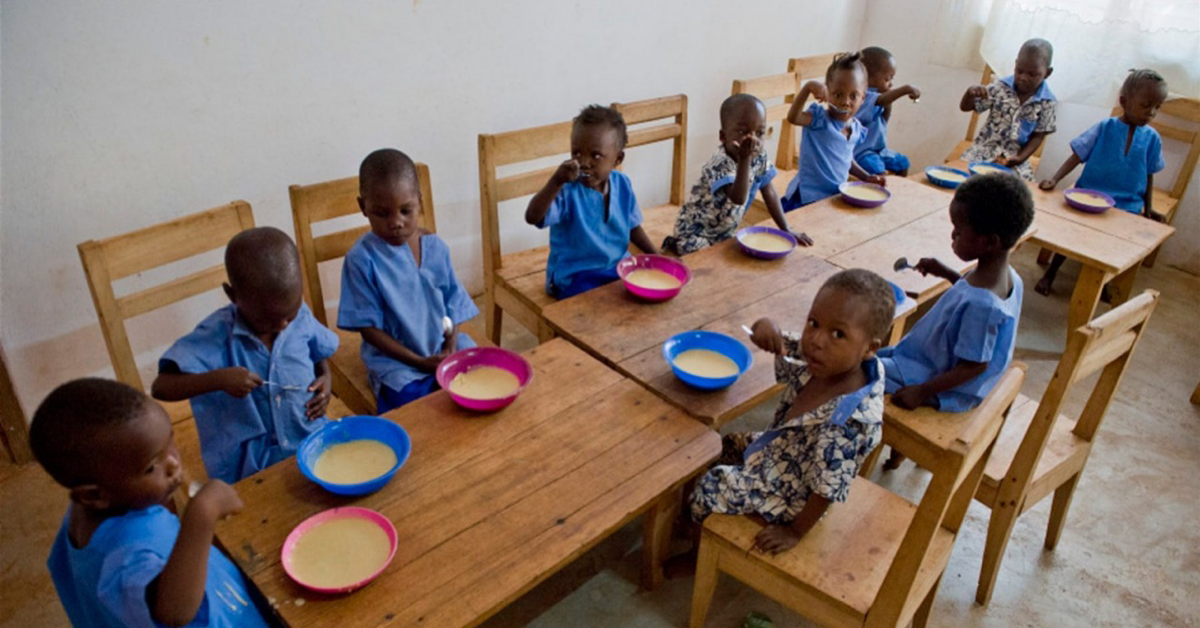In a recent development, there has been a shortage of food, jeopardizing the highly needed School Feeding Program that has benefited thousands of school pupils across Sierra Leone.
The World Food Programme (WFP) in their Sierra Leone Country Brief from April 2024 detailed a significant commodity shortage that threatens to hit Sierra Leone’s School Feeding Programme.
They outlined some delay in the international shipment and local purchase leading to heavy disruption in the supply of vegetable oil causing the WFP to reduce the number of feeding days from 65 to 55 for the April to July 2023-2024 distribution term. To ensure fair distribution among all beneficiaries, the daily ration of pulses has been reduced by 1g per child.
To combat this challenges, WFP and the ministry are working closely to reform the National School Feeding Secretariat (NSFS). This initiative, led by the Minister of Education, seeks to address key issues, propose solutions, and redesign the NSFS organizational structure. Several meetings have been held with senior management from MBSSE and NSFS, culminating in a debrief with the Minister and other relevant staff to discuss the implementation of these measures. The WFP plans to begin supporting some of these initiatives in June.
To enhance local food production and marketing, the WFP has trained 36 women from four Mother Support Groups (MSGs) involved in producing Nyam Nyam Pap, a local complementary food. The training covered both theoretical and practical marketing strategies, including approaches to potential retailers and local market sales. Despite mechanical issues with some processing equipment, the MSGs produced 1,900 sachets of 750g each during the month.
Additionally, in collaboration with the Sierra Leone Agricultural Research Institute (SLARI), the WFP has trained 45 Ministry of Agriculture and Food Security extension staff and 139 Community Youth Contractors from seven districts. These trainees are now equipped to establish Farmer Field Schools in 140 communities, with the goal of training 8,000 smallholder farmers in soil fertility management and seed multiplication.
To sustain these critical initiatives, the WFP has identified a funding requirement of $5.7 million for the six months from May to October 2024. This funding is crucial to continue supporting farmers and Mother Support Groups, ensuring the effectiveness of school feeding programs and maintaining training and capacity-building efforts across Sierra Leone.
Despite these challenges, the WFP remains committed to supporting the people of Sierra Leone through its various programs and initiatives, striving to alleviate food insecurity and promote sustainable agricultural practices











